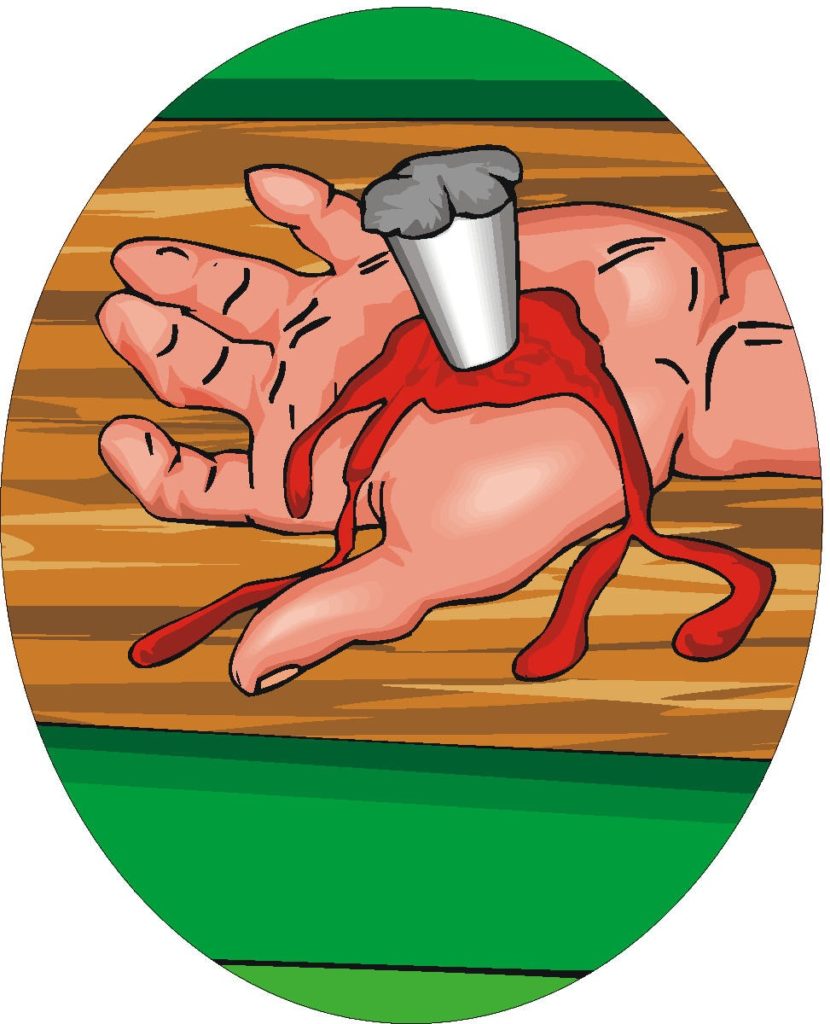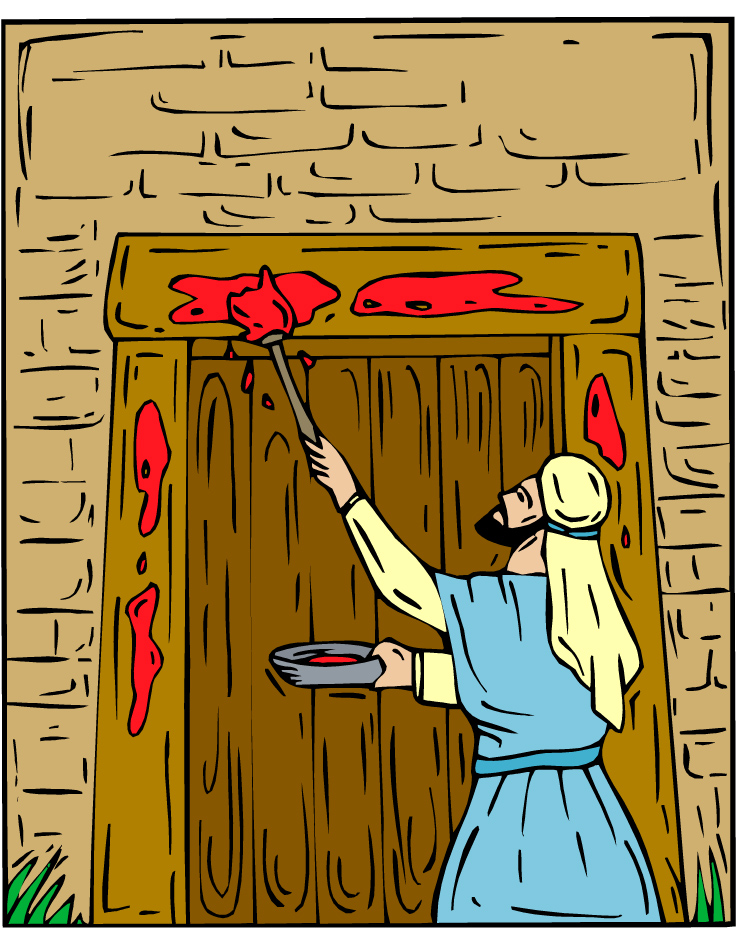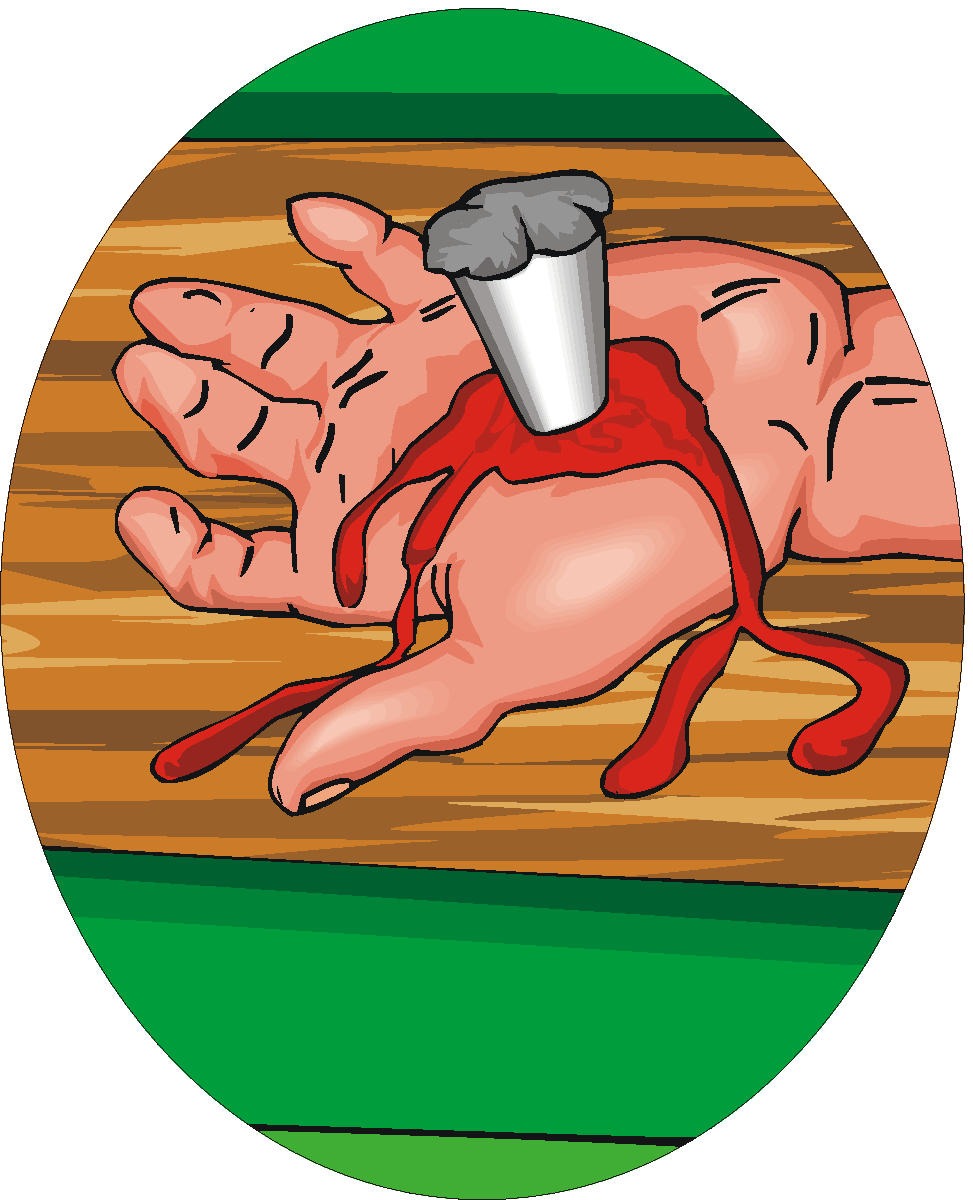
Leviticus 17
Exploring the Concepts of Sacrifice, Blood-Letting and Eating Blood
The sacrificing of animals as an act of worship or for any reason is a foreign concept in our modern, secularized society, but this was not the case in the ancient biblical world. Concomitant with sacrifices is the idea of freewill offerings,which, in the ancient world, were often made together as an act of worship to various deities.
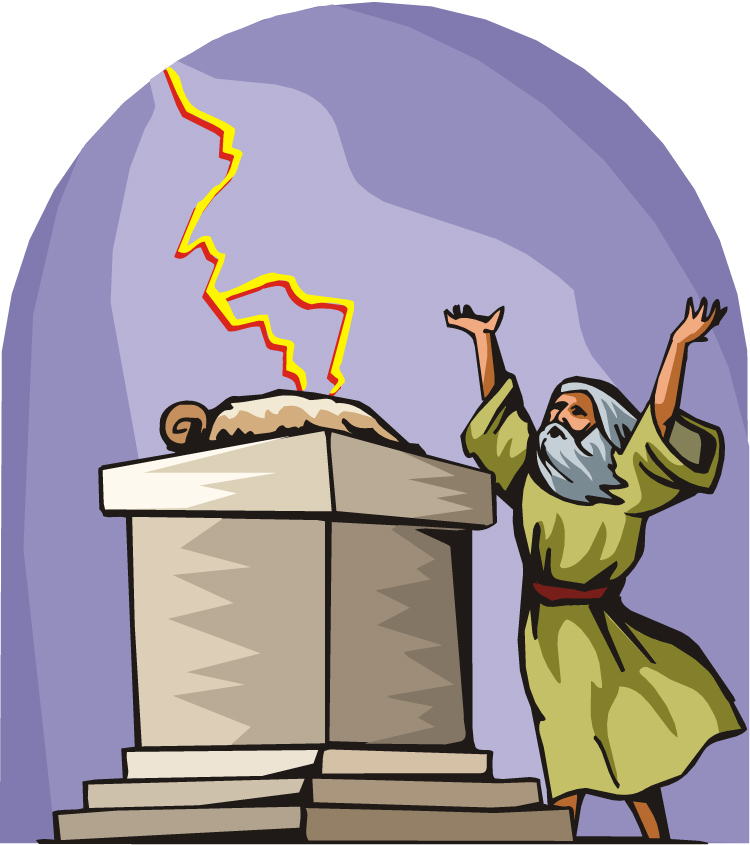
With regard to sacrifices, man’s first act of worship outside the Garden of Eden was to make offerings and sacrifice to Elohim (Gen 4:1–4). Making a sacrifice to Elohim was also Noah’s first act of worship after the flood (Gen 8:20). The same is true of Abraham upon receiving the covenant from Elohim (Gen 12:6). At key points in his spiritual journey, Abraham repeated this same act of worship (Gen 12:8; 13:3, 18). The same is true of the Israelites who after having received the Torah at Sinai made a sacrifice to Elohim as they entered into a covenantal agreement with him (Exod 24:4). Subsequently, YHVH instructed the Israelites to establish an entire sacrificial system as a means to be reconciled to him. Similarly, animal sacrifices and offerings being made to various deities was an important aspect of the heathen cultures of the biblical world. Even in the first century, the Greeks were still sacrificing animals in their pagan temples to their gods and goddesses (1 Cor 8:1–13; 10:20) as were the Jews prior to the destruction of their temple in A.D. 70 (Acts 21:24 cp. Num 6:13–21).
So, in the mind of the ancients, what was the purpose of sacrifice? The ritual killing and offering of an animal was part of a religious ritual either to appease or to gain the favor of a deity.
With this concept in mind, several points should be noted. Man’s rebellion and sin against Elohim in the Garden of Eden caused man to be cut off from his Creator and incur his judgment against man’s sin. The Garden of Eden and the fall of man event is part of the mythos of many ancient civilizations (e.g. Mesopotamian, Summerian, Greek, Indians, Moslem and apparently the Babylonians, Chaldeans, Persians, Egyptians, Assyrians, Ethiopians, Mexicans and Chinese as well), and thus this idea of man’s separation from deity because of his sin informed the ancients of their need to be reconciled to a deity or deities.
However, it stands to reason that as we move forward in human history and away from the original sin of man in Garden of Eden, where YHVH revealed to man his need for an atoning blood sacrifice, the pure worship of Elohim through sacrifice at the same time became blurry in men’s minds and corrupted by demonic incursions and influences (e.g. Gen 6:2–5). Through subversive activities of Satan the Adversary and his minions, the practice of Elohim’s true religion became perverted and even counterfeited. As a result, men began to worship counterfeit deities of their own concoction that ran cross grain to or were in outright antithetical rebellion to the commandments of YHVH Elohim with regard to the making of offering and sacrifices. Instead of men making sacrifices and offerings to be reconciled to Elohim because of sin, the heathens exchanged the worship of the true Elohim for that of Satan and his evil minions. This resulted in men making sacrifices to appease the anger of their false demon-gods and, at the same time, to curry their favor (for fortune, fame, spiritual power and long life). Over time, man’s sin and his need to be reconciled to the Creator was no longer the focal point of the sacrifice or offering at all. The Israelites, under YHVH’s guidance, on the other hand, kept the true purpose of sacrifice in view. It was for the purpose of atonement for sin in order to reconcile sinful and fallen man to his Creator as Leviticus 17:11 states.
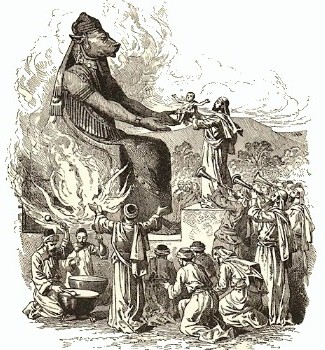
As the biblical narrative reveals, the ancient Israelites were all too easily swayed by the heathen, Canaanite, Baal-worshipping cultures around them whose gods had moral stringencies much less demanding than those of Elohim, and who instead of forbidding sinful acts not only tolerated but often promoted them, even incorporating them into their cult rituals (e.g. ritual temple prostitution and other forms of sexual deviancy including homosexuality). This is why YHVH’s Torah included strict commands against Israel’s fraternizing in any way with the neighboring Canaanites or adopting any of their religious rituals—especially those involving blood and sacrifice, since the Creator originally designed these rituals only for worship, atonement and reconciliation purposes. With this historical backdrop in view, it hopefully should be easier to see why YHVH was so adamant that the Israelites adhere to his strict protocols with regard to making animal sacrifices, while at the same time he prohibited them from following the heathen’s perverted versions of these rituals—rituals that had devolved into outright demon worship (Lev 17:7).
Continue reading


